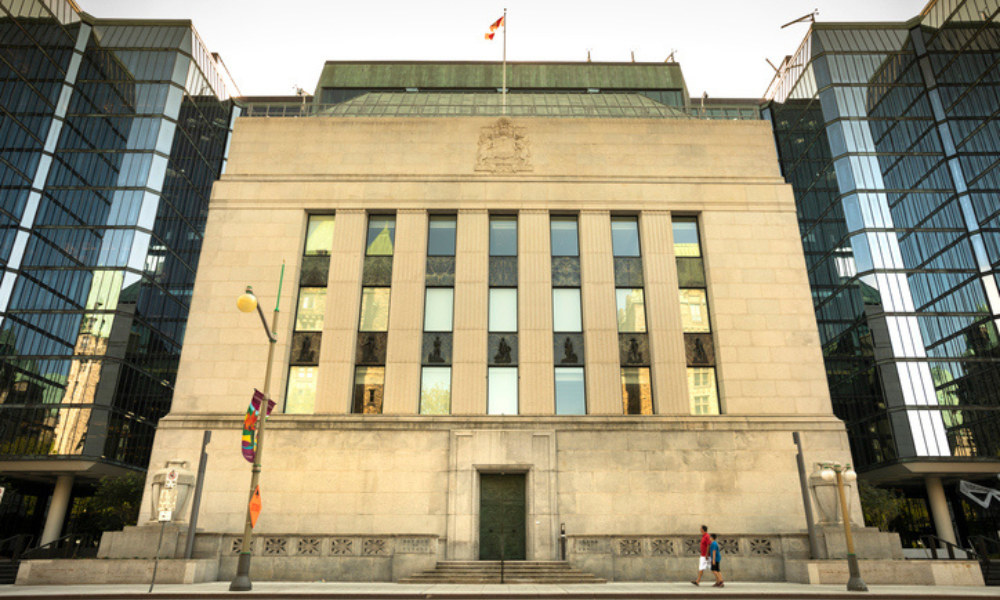Central bank warns against celebrating too early, saying core inflation remains a concern

The Bank of Canada’s fight against inflation is not over despite recent progress, senior deputy governor Carolyn Rogers said.
Speaking at an event in Toronto, Rogers acknowledged that while inflation has cooled to the central bank's 2% target, there is still more work to be done to ensure price stability.
“There’s still work to do,” the central bank’s second-in-command said. “We’ve got to stick the landing.”
Rogers reiterated the importance of a "sustainable" return to the 2% inflation rate. She noted that the bank is cautious about declaring victory too early, particularly as core inflation remains slightly elevated at 2.35%.
Risks remain
Data from Statistics Canada showed that the consumer price index (CPI) rose by 2% in August, marking the slowest rate of increase since early 2021. The Bank of Canada’s two preferred measures of core inflation have also eased, down from 2.55% the previous month.
However, Rogers pointed out that price pressures need to cool further for inflation to stay consistently at 2%, cautioning that economic data over the coming weeks will play a key role in the bank’s decision-making ahead of its October 23 rate decision.
Rogers highlighted the risks of economic volatility.
“It’s not an absolute tilt to the downside risks, but definitely we’re in a period where the risks are more balanced,” she said, reflecting concerns about the potential for a deeper economic slowdown.
Bigger expectations
The Bank of Canada raised its key interest rate from 0.25% to 5% to curb soaring consumer costs, with those hikes beginning in 2022 and only beginning to reverse in recent months. So far, the aggressive hikes have helped, as inflation has dropped significantly from its 8.1% peak in June 2022 – representing the fastest deceleration since the 1980s.
However, with inflation now under control, the focus is shifting to the broader economy.
Governor Tiff Macklem has hinted at potential further rate cuts if economic growth continues to falter or inflation slows further. Earlier this month, Macklem mentioned that the central bank could reduce rates by 50 basis points or more in a single move if necessary.
Read more: Bank of Canada ready for bigger rate cuts, says Macklem
Expectations for a bigger rate cut are rising. As of Tuesday, markets placed the odds of a 50-basis-point rate reduction at over 50%, spurred by softer inflation and slowing growth.
The Bank of Canada has also predicted inflation will stabilize at 2.3% by the third quarter of this year, but policymakers warned that inflation may see a slight uptick toward the end of 2024 due to base effects – price changes from the previous year influencing the inflation rate.
Make sure to get all the latest news to your inbox on Canada’s mortgage and housing markets by signing up for our free daily newsletter here.



